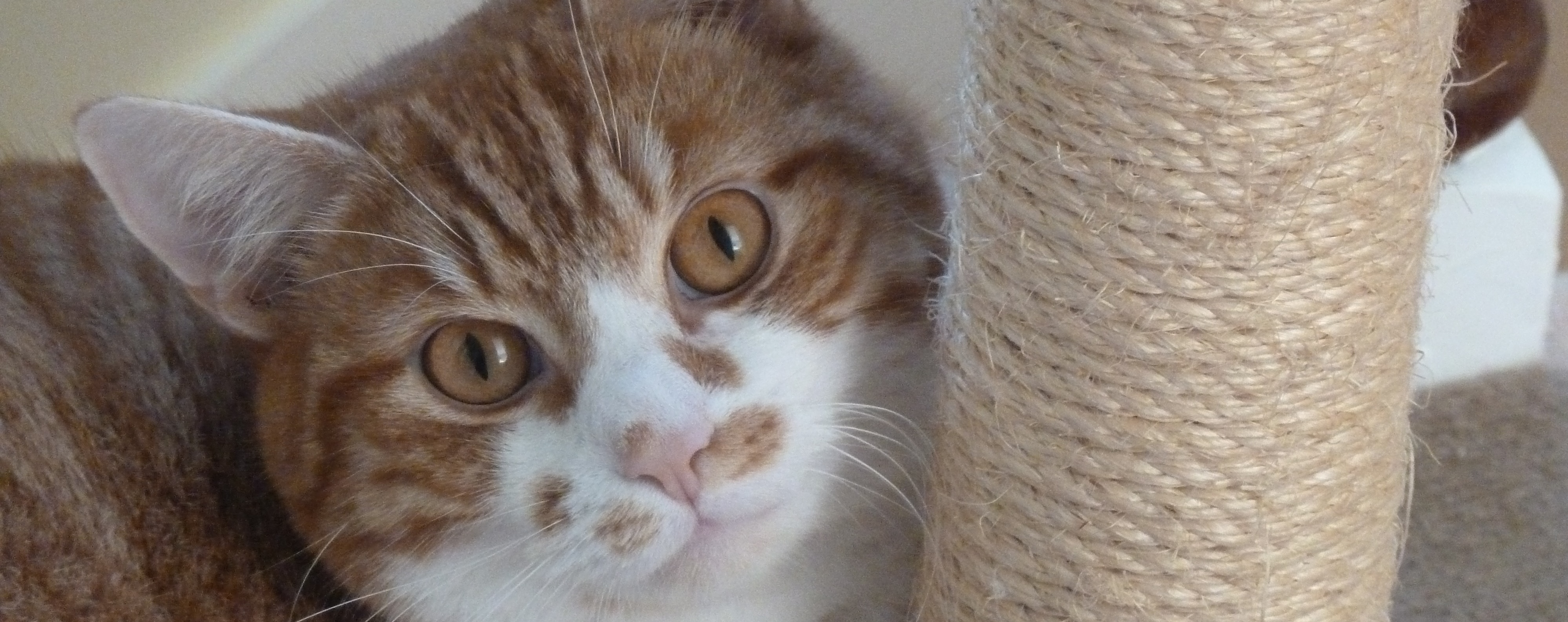RSPCA campaign victory
A Unite campaign to overhaul failing and shady governance at the RSPCA achieved victory on Saturday (June 29) when the charity’s membership overwhelmingly voted in favour of major top down changes at its annual general meeting.
The recent history of the world’s oldest animal charity has seen a lack of financial stability, an inability to hold on to a chief executive for any length of time, numerous restructures and a culture of bullying and harassment take hold.
According to Unite, overseeing all of this has been an ineffective and divisive board of up to 28 trustees, some of whom have at times appeared more interested in themselves than in the charity they were supposed to be leading.
Unite RSPCA senior workplace rep Joe Murphy said, “For years, the organisation has been hindered by dated and clumsy governance structures that have allowed a small dominant number of individual trustees to oppose positive and progressive strategic change; to interfere directly in operational and managerial decisions to promote their own agendas; to allow dubious employment and accommodation arrangements for family and friends; to run up extortionate expenses year after year; and to be in complete denial of the culture of bullying and harassment that has fostered under their collective weak leadership.”
In January 2016, Unite undertook an extensive survey of its membership within the RSPCA, enquiring about morale, professional development, pay and governance.
Just 4 per cent of Unite members agreed with the statement: â€Society Trustees (Council Members) currently provide effective leadership’.
The subsequent two years saw Unite actively campaign for change, a move that was met with fierce resistance from a small number of trustees, with various proposals, motions and resolutions being blocked at annual general meetings.
Unite’s position was vindicated in October 2018, however, after the union branch was invited to a meeting with the Charity Commission.
It was clear that the commission had concerns over the governance of the RSPCA, especially regarding cases where there was a clear conflict of interest, mirroring those that has been raised by the union branch and its members.
Unite’s demands for reform included a reduction in the number of trustees from 28 to 12, the average for charity boards; limiting national trustees to serving three terms of three years except under expectational circumstances and ensuring the board has the necessary balance of skills, knowledge and experience to discharge its duties.
At the Society’s 190th annual general meeting in London over the weekend, those changes were condensed into three separate rule amendment resolutions, voted upon and successfully passed by more than 90 per cent of the charity’s membership.
The results reflected the biggest shift in the charity’s governance in almost 50 years.
Unite’s Joe Murphy said, “This is a big step forward for the charity and for the members who are so passionate about the animal welfare work they are committed to.
“The changes that have been voted through at this year’s AGM have been the consequence of continued and sustained campaigning from Unite’s workplace representatives and its members within the RSPCA, often in the face of open hostility from some trustees.
“Everything that the union has been asking for was agreed, meaning that the RSPCA will be in a much better place to face the enormous challenges that exist in the charitable sector and move towards a more secure future for staff.”
 Like
Like Follow
Follow

